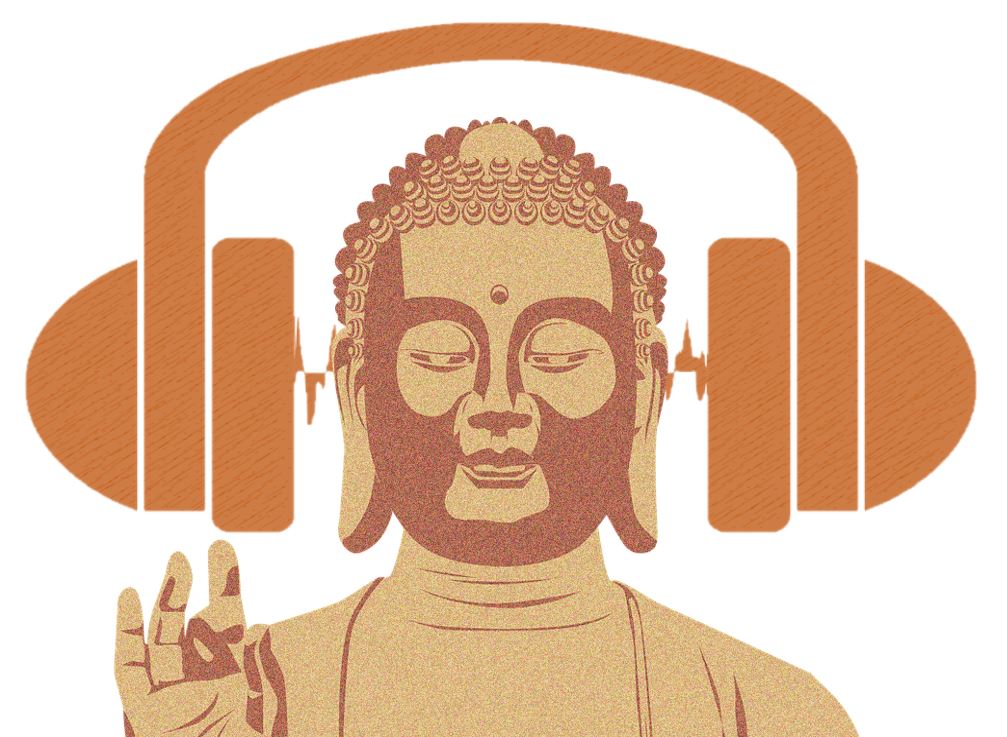The 37 wings of awakening are the set of interrelated mental qualities that cultivate Right View and lead to the cessation of suffering. The five spiritual faculties are listed twice, both as ‘faculties’ and as ‘powers’. we will talk about what the spiritual faculties are and how they can be developed into the five spiritual powers.
The Buddha represents the human potential to awaken that we all share. During this day of practice together, we will look at ways we can take inspiration from the life of the historical Buddha, as presented in the early discourses or suttas, as we travel on our own spiritual journey. We’ll look at some of the practices the Buddha tried before finding the path of awakening, as well as what led to his breakthrough, his decision to teach, and some of the important teachings he offered throughout his teaching career. Instructions will be offered in Mindfulness of Breathing, which was one of the Buddha’s favorite meditation practices. This day included sitting and walking instructions, dharma talks, and discussion/Q&A. Suitable for both beginning and more experienced meditators.
Before he discovered the path to awakening, the Buddha tried various ascetic practices in accord with the beliefs of his time in ancient India. One belief was that “happiness cannot be gained through happiness, but instead requires going through (self-inflicted) pain,” according to Bhikkhu Analayo in his book A Meditator’s Life of the Buddha. However, at a certain point the Buddha saw that he was not achieving his goal of liberation, so he began looking for another way. This led him to a realization that certain types of wholesome joy or happiness related to meditation and renunciation might lead in the direction of awakening. The Saturday, February 25 daylong retreat will also touch on this theme and expand on it, but both events are standalone; you may attend one or both. Bhikkhu Analayo’s aforementioned book A Meditator’s Life of the Buddha (Windhorse Publications, 2017) is one of the main inspirations for this theme.

Clear Comprehension, or “Clear Knowing,” is the Historical Buddha’s four (4) step process for making good choices. It can be used as a helpful tool during meditation and as a powerful resource in every day decision making. This evening will explore each step from a practical, hands-on perspective using examples from both meditation practice and daily life. (The subject matter of this evening is appropriate for all stages of practice.)
The Talk explores ways of re-languaging and accessing the spirit of Devotion when it doesn’t come naturally, the ‘near misses’ of Devotion and how to untangle ourselves from them, and ways to cultivate the richness Devotion in our daily lives.
Would you recognize an enlightened person? This is a question that was asked frequently by people in the Buddha’s time as well as in today’s world. You might have been inspired by a teacher or a Dharma acquaintance, and wondered if that person might be “awake”. But how would you know? What are the criteria? Are the criteria the Buddha spoke about relevant today? What about those who claim to have transcendent knowledge?
Conversely, If we are not inspired by a particular Dharma acquaintance or a teacher, does that mean we ignore what they have to say because we don’t see them on the road to enlightenment?
In tonight’s talk we’ll investigate what the Buddha had to say regarding “encountering an awakened being”, beginning with a conversation he had with King Pasenadi. King Pasenadi was also puzzled on who was on the road to enlightenment and who wasn’t and how could he tell?
SIM Community Teacher Rich Howard will offer two connected events at the end of January with the theme “Cling to Nothing.” The Thursday January 26 presentation, “Cling to Nothing: The Aggregates and Other Forms of I, Me, and Mine” will look at the various ways in which clinging happens and creates an unhealthy sense of self. We will discuss the forms of clinging recognized by the Buddha, and how they lead to dissatisfaction. The Saturday January 26 daylong will expand on these themes, but both events are standalone; you may attend one or both. The text inspiring this theme is “Untangling Self: A Buddhist Investigation of Who We Really Are” by Andrew Olendzki (Wisdom Publications, 2016).
Powerful cultural and technological forces are reshaping the landscape of American Buddhist practice: several years of COVID isolation; the ability to attend events by Zoom in the comfort of your own home; an explosion of on-line Buddhist practice opportunities; and a new generation of practitioners introduced to meditation thru on-line apps.
These forces present each of us individually, and Sacramento Insight Meditation, with far-reaching issues:
Are our traditional understandings of the 3 foundational elements of Community, Spiritual Friendship and Service still relevant?
Do these forces threaten the stability and future of SIM as both an organization and as a community?
Do we need to be flexible and creative in adapting and adjusting these 3 elements of practice to the rapidly changing landscape of Western Buddhist practice? If so, what would that look like.
Dennis will present an overview of issues which will be explored by Margaret Buss, SIM’s long-time coordinator of volunteer services, Karen Tercho, Board of Directors member, and community volunteer extraordinaire David Guerrieri.
What does the dharma tell us about the nature of self? Who are we as spiritual seekers in this precious life?
Visit Us
SIM meets online and in-person at the Sacramento Dharma Center
What is Dana?
Dana is a Buddhist word that means generosity or heart. Nearly all Sacramento Insight Meditation activities are offered on a dana (donations) basis. This means our programs are sustained by the generosity of instructors in offering teachings freely and on the generosity of students and members of the meditative community in the form of financial support, service and participation in events. Practice dana, please support our Sangha. DONATE NOW
